Using Sport to Conquer Hate: Jeremy Lin 林書豪:瞄準仇恨扣籃!
English 英 : Evelyn Kwong | Chinese 中 : 文禮 Christina li
Photography: Rosanna U
Venue: Goldring Centre, University of Toronto
Acknowledgements: Clement Chu, Chinese Canadian Youth Athletic Association
It’s hard to believe we are in the third calendar year of COVID-19. It’s also hard to believe that the Asian community across North America continues to experience racist, xenophobic hatred because of the continued perception that the pandemic was born in China. But we do.
It took a gunman killing 8 women in Atlanta in July of 2021 for the Asian community to begin to stand up for itself. After witnessing months of attacks on Asian businesses and the elderly, this brutal attack became a rallying call and #StopAsianHate protests across the globe picked up steam. Using Instagram, TikTok and many other social media platforms, the AAPI community found one another. Many banded together to protect their communities that had been dehumanized not only by this virus, but by the huge lack of representation. It was during this time that many realized our lack of stories led to cowardly excuses of why predators were allowed to degrade us. There became a larger need, not only to collectively come together in protest, but to also find ways to tell our stories on a larger scale.
It turns out that basketball superstar Jeremy Lin had recognized the need for representation a long time ago. Back in 2011, he used his unique position to start the Jeremy Lin Foundation to “provide a platform to tell our stories and serve the AAPI community with programs for community empowerment and cross-racial solidarity.” He also realized how important it was to give the younger generation a face to look up to. As one of the few Asian American professional basketball players, there was no ‘Jeremy Lin’ to idolize or emulate when he was growing up. Using basketball as his secret weapon, Lin practiced what he preached. Through mentorship programs, his foundation has provided a space for voices to grow and spirits to soar. It’s working; the narrative is changing.
2022年,新冠疫情爆發後的第三年,這一年的開端並不輕鬆,各國正努力解決新冠病毒變異株、經濟衰退、物資短缺等難題。歐美地區的亞裔人士、亞洲人經營的店舖及企業,更要繼續面對種族歧視、仇恨的攻擊,個案有增無減。全球的「停止仇視亞裔」(#StopAsianHate)抗議活動亦開始升溫,沈默的一群也開始發聲,團結一起,希望保護自己的社區,抵禦仇恨這個比新冠更嚴峻的病毒。
群體力量固然重要,但若有影響力人仕相助,效果必定倍增。可惜,在北美荷里活這個影響力深遠的地方,不論在演藝或體育界,代表亞洲面孔的比例遠遠落後於其他族裔。多年來,被荷里活器重的亞裔演藝人士寥若晨星,即使獲得演出機會大多只獲有限度的亮相機會、或特定角色設定。在這亞裔仇恨充斥的艱難時間,許多亞洲人意識到一直的寡言、被動、逆來順受只會被視為懦弱,並換來失去發聲的權利。
This year, along with Canadian-born Hollywood star Simu Liu, he brought that energy to Toronto for a celebrity basketball match to raise money for his foundation and the Chinese Canadian Youth Athletics Association (CCYAA). Organized by the CCYAA, the game brought out stars from across the Asian diaspora including comedians Hasan Minaj and Ronny Chieng, model and designer Adrienne Ho and many others. They brought a spirit of community to the event, to not only run the court together, but to use basketball as a vehicle for visibility and giving back.
歧視事件「受惠」者,亞裔名人更是首當其衝,美籍華裔知名球星林書豪(Jeremy Lin)曾在社交媒體上發帖說,球場上遭遇過種族歧視,更曾在球場上被對手稱呼「冠狀病毒」。他接受紐時訪問表示看淡個人受辱,期盼外界關注亞裔遭歧視情況:「針對性的攻擊仇恨、歧視明顯是不對的,必須說出來,這是我的使命。而我的另一願景是凝聚團結與向心力,所以我必須增加相關知識,持續學習並支持其他團體、運動和組織。」
Speaking after the match, Lin reiterated how personal this mission is for him, having faced his own obstacles of imposter syndrome and not belonging in places where representation for the AAPI community lacked when he was young. He hopes for the community to find confidence and even pride in our identities by using sport as the start of the conversation.
Standing together to fight back against violence and hatred is an important part of the #StopAsianHate movement. But it’s just as essential to celebrate our joys and success stories too. Through our collective experiences we become stronger. Louder. Prouder. Taller.
十多年前,Jeremy效力New York Knicks時掀起「林來瘋(Linsanity)」旋風,更創辦了「林書豪基金會」,一值是亞裔年輕一代尊敬和追捧的榜樣。多年來,基金會致力為AAPI(美國亞裔和太平洋島一群)建構平台講述屬於他們的故事,並支持及推廣社區賦權和跨種族團結的計劃及服務。
2022年,「林來瘋」掀到加拿大,基金會將平台帶到多倫多並成立了「林書豪籃球學校(Jeremy Lin Basketball School)」,與加華青年體育協會(CCYAA)合作提供適用於球場內外的課程,稍後更會推廣至大多市內多個城市的學校。同年七月,他與加籍華裔影星劉思慕帶頭,聯合CCYAA舉辦了一場「名人慈善籃球賽(Celebrity Classic)」,邀請了美國和加拿大多位亞裔明星參與,包括喜劇演員Hasan Minaj和Ronny Chieng、名模特兒和設計師Adrienne Ho等。以比賽為名,以籃球作橋,目的是希望帶給本土亞裔年輕一代一點正能量、推廣團結精神。
Jeremy的成就其實得來不易,他年少時曾一度患有心理病冒牌者症候群(Imposter Syndrome) —— 對自我能力感到懷疑,認為自己不配獲得成功,更無法融入AAPI社區。他希望透過分享自身經歷,令更多人可從自己的身份找到信心,甚至為亞裔身份感到自豪。Jeremy期盼以自己的影響力及網絡,與我們共同建立一個可發聲的渠道和平台,他深信反暴力和仇恨的唯一方法就是令自己變得更強,而團結就是更強大的力量。

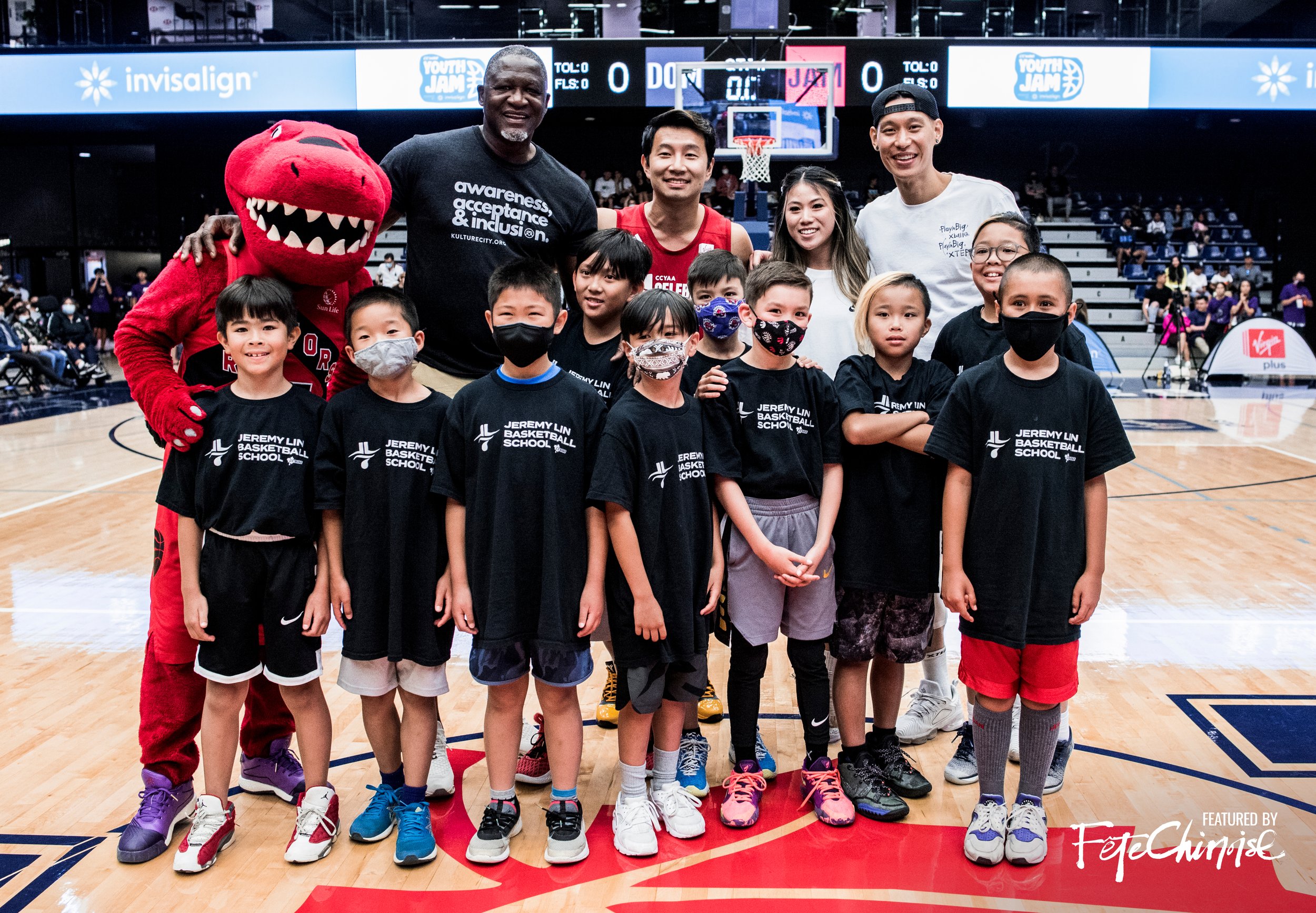
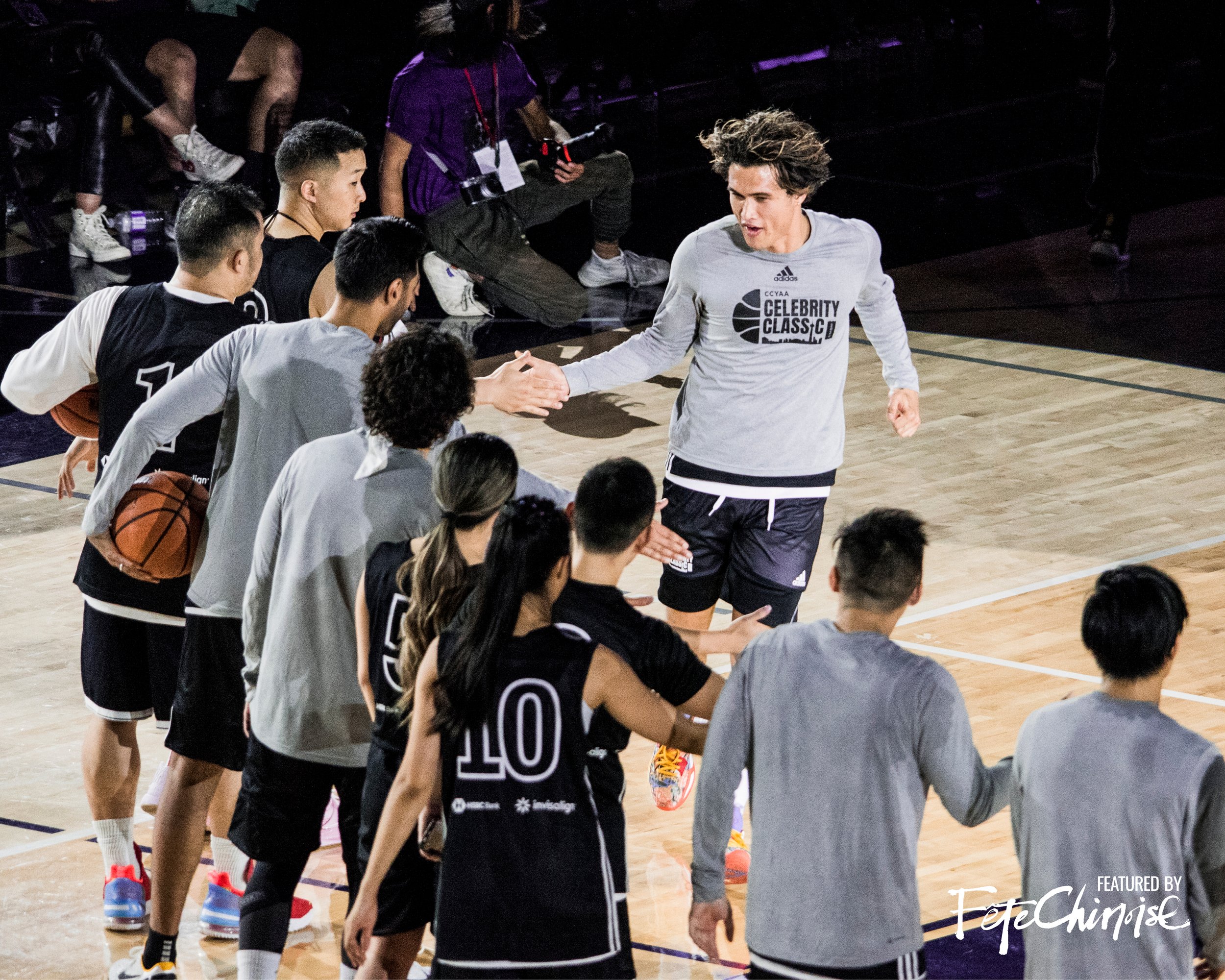
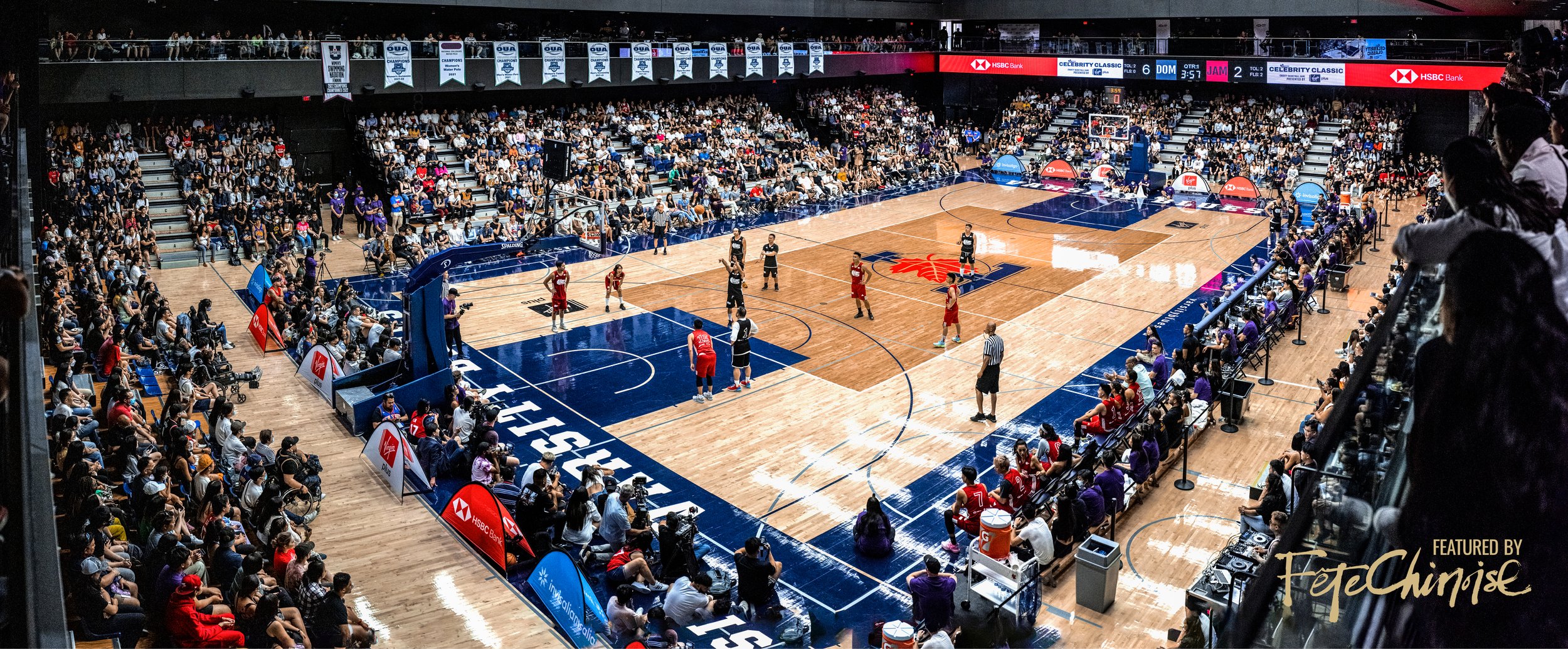
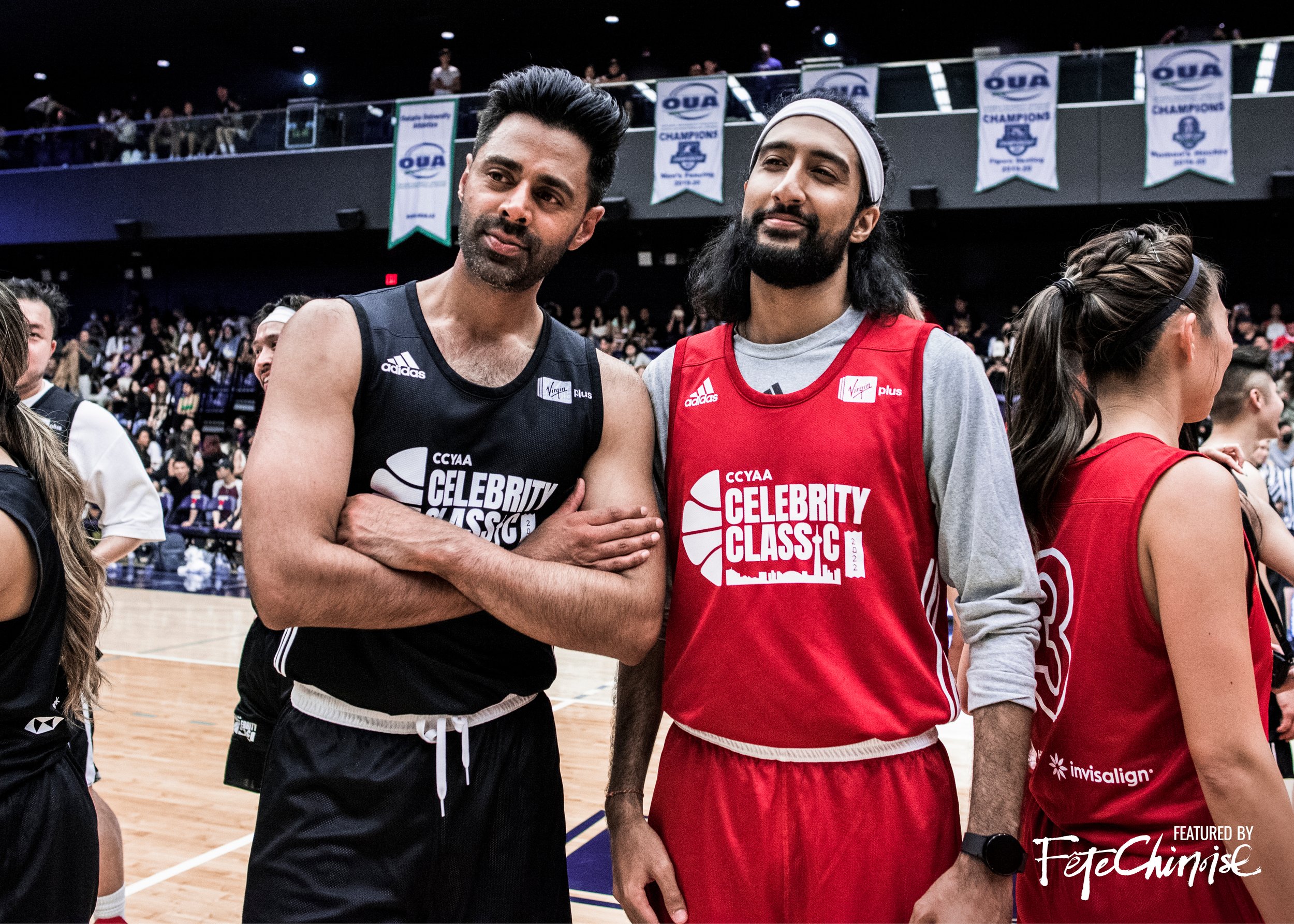
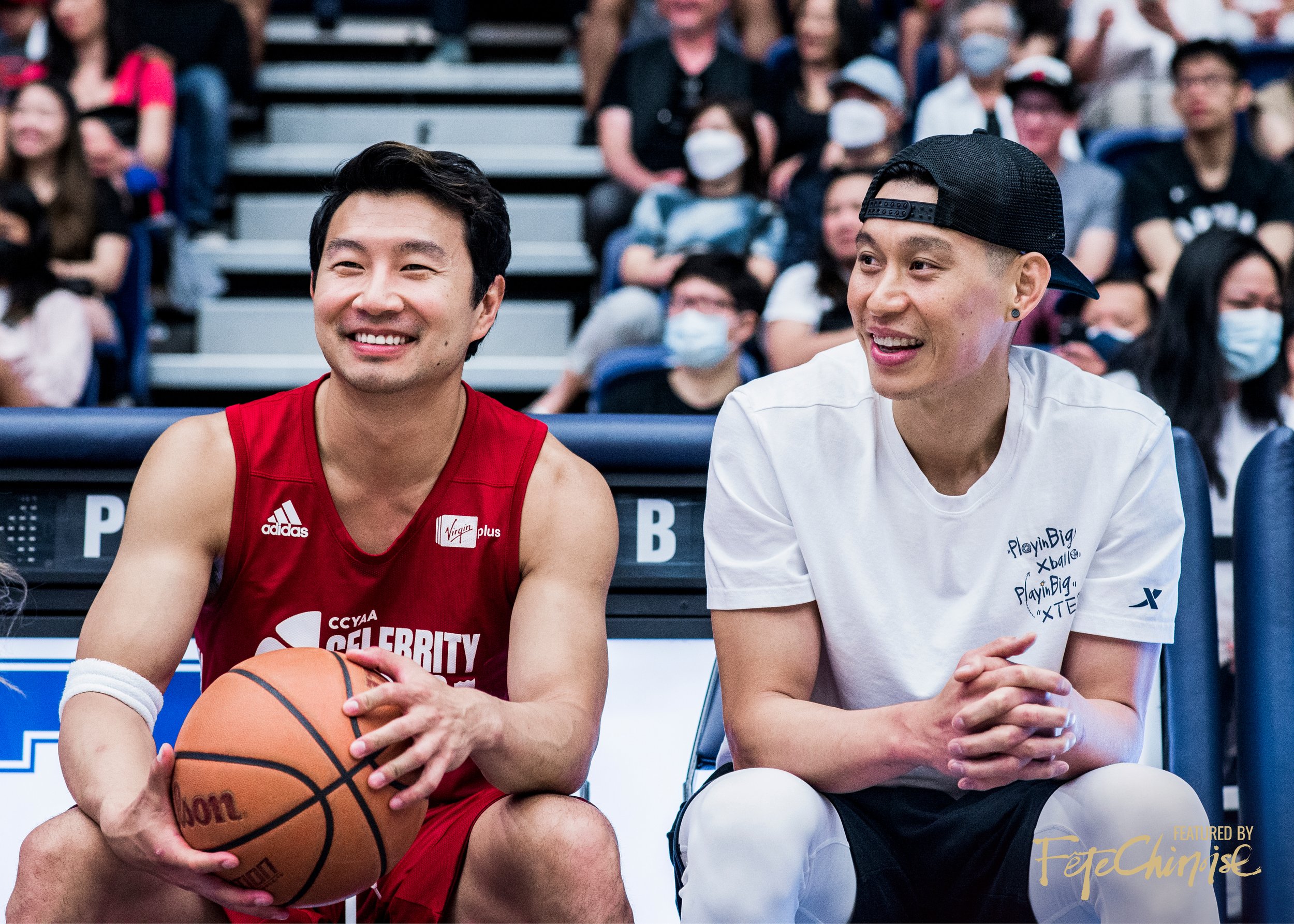



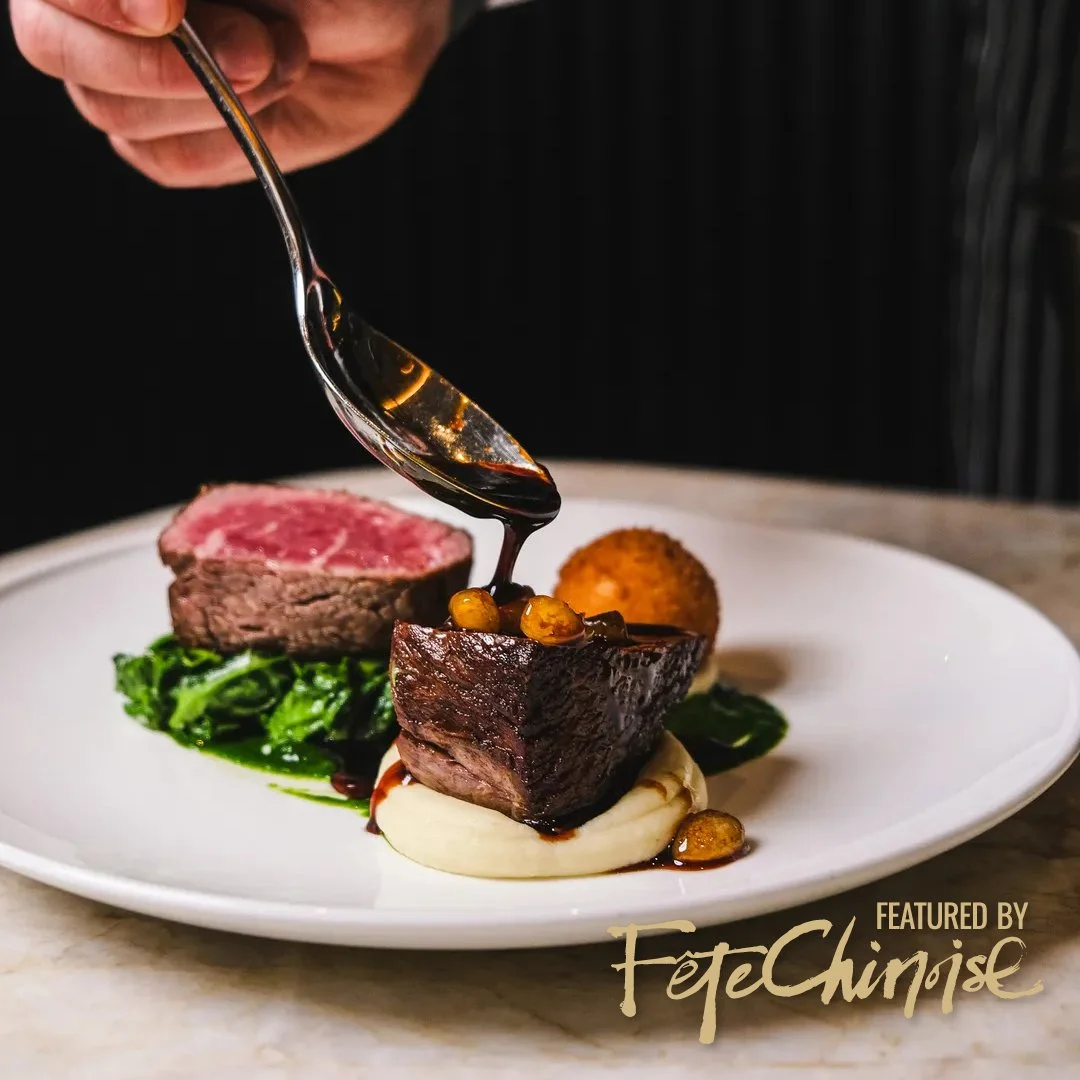









For Jenn Liao, co-founder of MìLà, food has always been more than just sustenance—it’s a form of storytelling. What began as a small operation in her Seattle home has now become a brand redefining how Asian cuisine is represented in the frozen food industry. But MìLà’s rise wasn’t about chasing trends. It was about scaling tradition without losing authenticity—a challenge that many culturally rooted brands face. After securing a round of VC funding, MìLà’s latest frozen soup dumplings have been turning heads, as food lovers can’t get enough of their flavourful bite-sized delights, and now they’ve finally arrived on Canadian shelves this month.